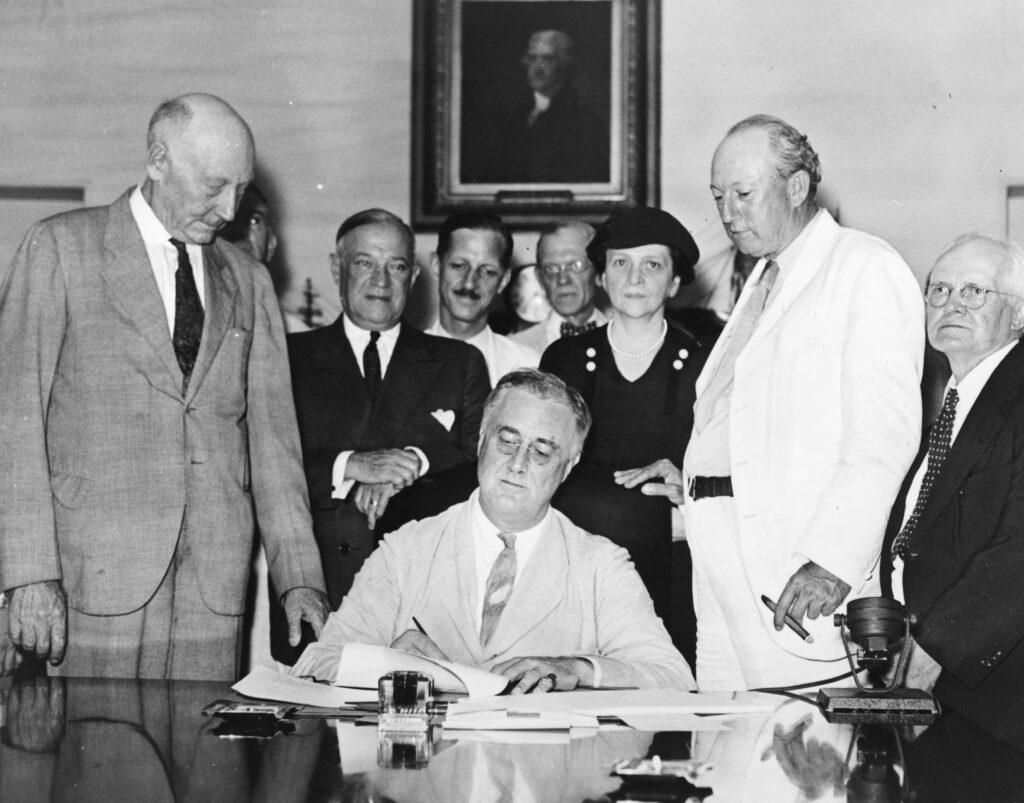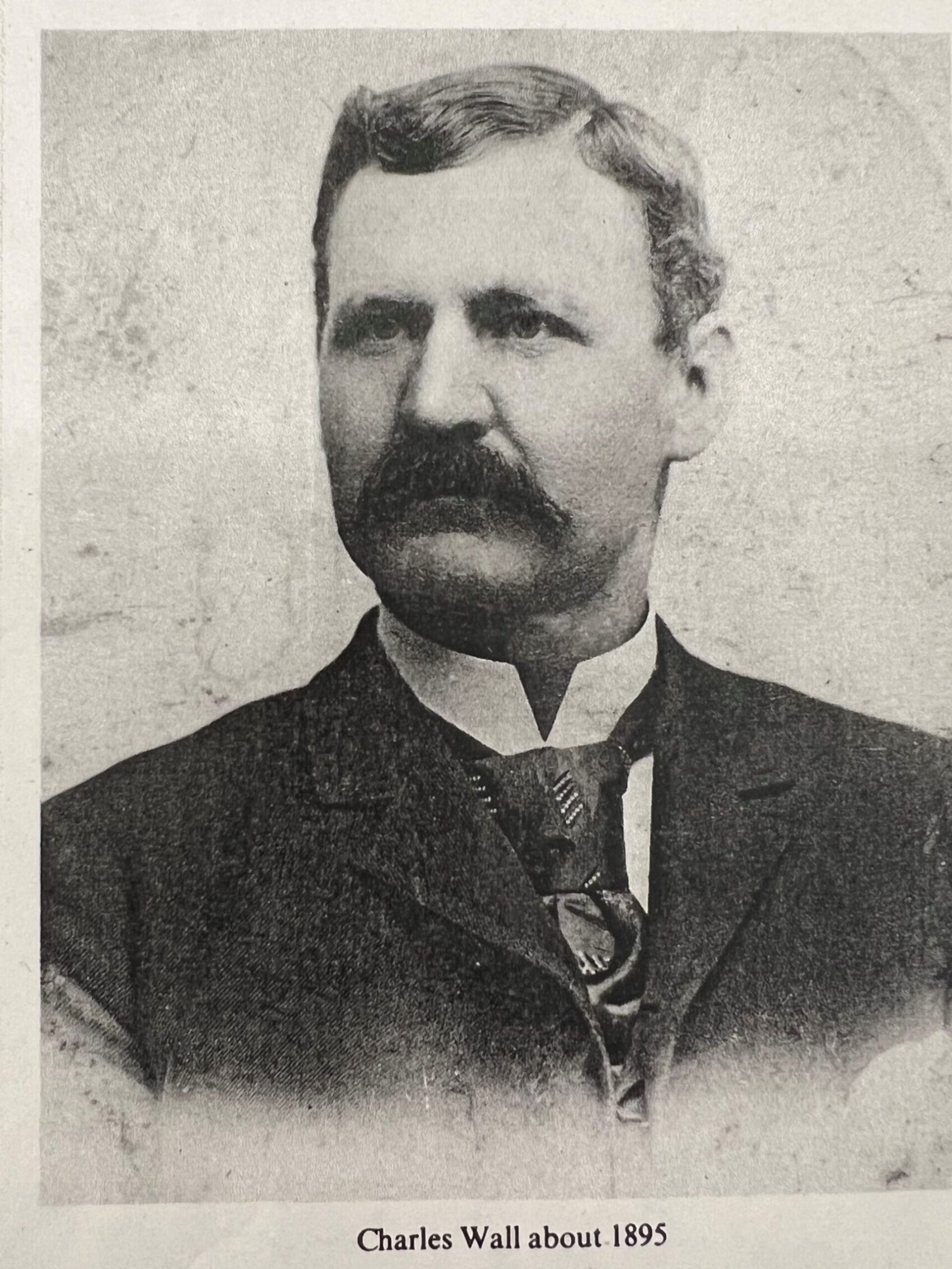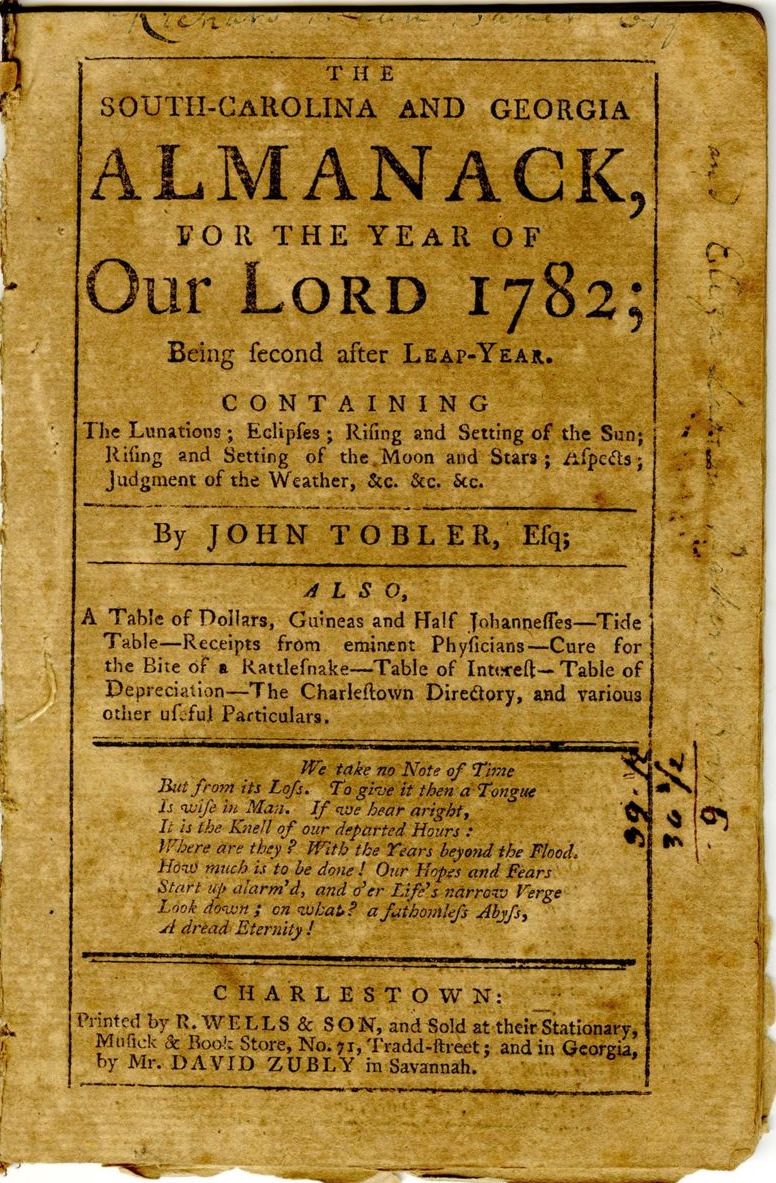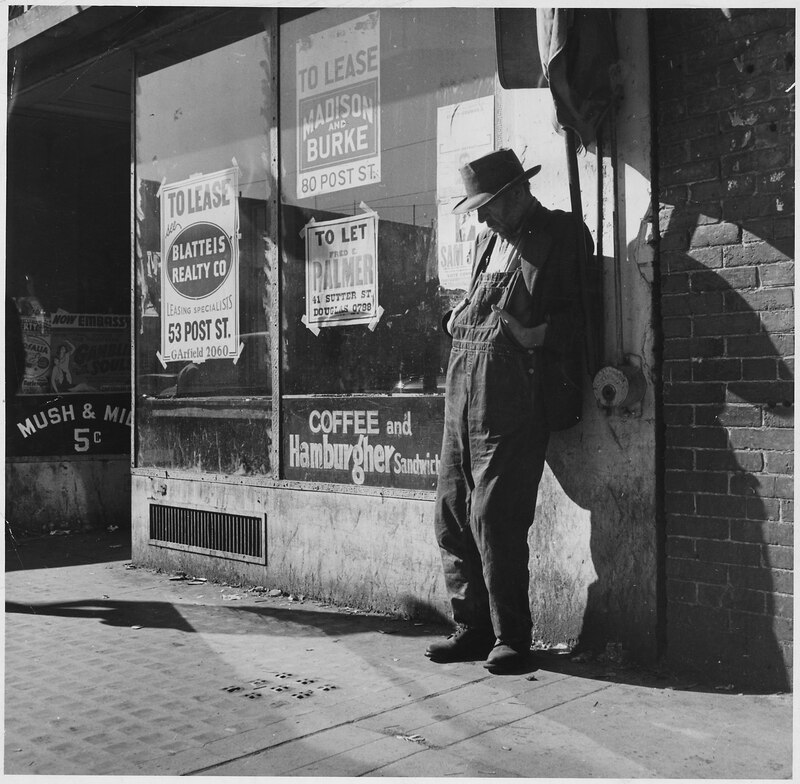“A law which will give some measure of protection”: Genealogy and The Social Security Act of 1935
People throughout all of human history have faced uncertainties brought on by unemployment, illness, disability, death, and old age. These inevitable facets of life are said to be threats to one’s economic security. Family members and relatives have always felt some degree of responsibility to one another, and to the extent that the family had resources to draw upon, this was often a source of economic security, especially for the aged or infirm. Genealogists can benefit by knowing this history and then taking advantage of surviving records of “social insurance” generated by agencies outside of home and family. During the Great Depression, poverty among the elderly grew dramatically. The best estimates are that in 1934 over half of the elderly in America lacked sufficient income to be self-supporting. Despite this, state welfare pensions for the elderly were practically non-existent before 1930. A spurt of pension legislation was passed in the...












Recent Comments